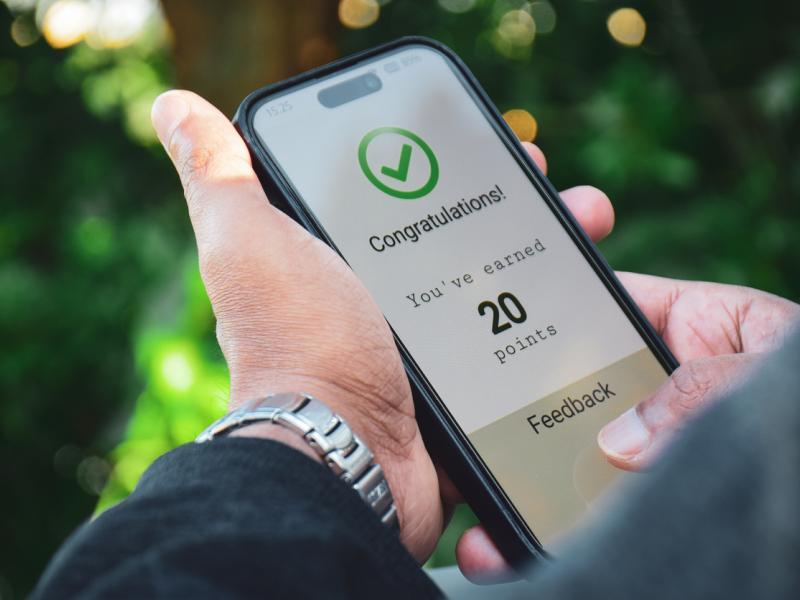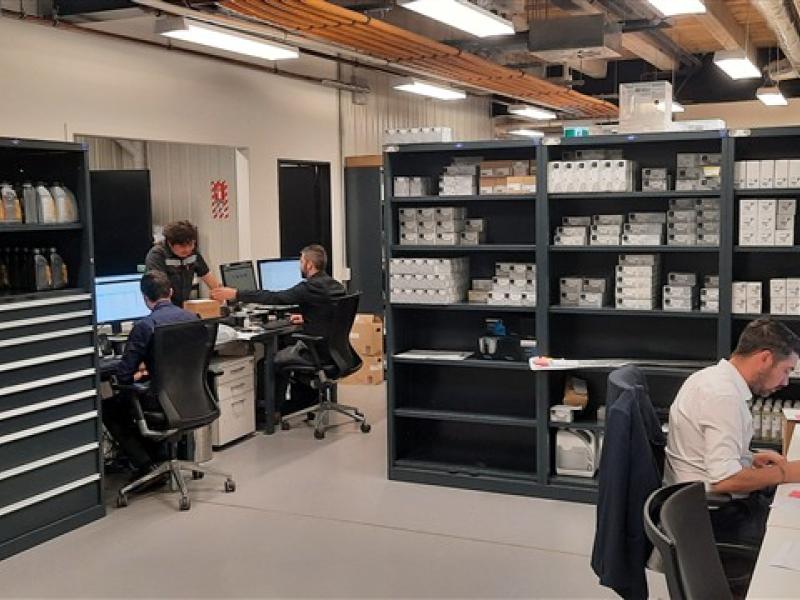In the wake of Covid-19’s upheaval worldwide, nzbusiness magazine asked Dr Michelle Dickinson about the support role technology played in maintaining business continuity.
Courtesy of NZBusiness magazine
Technology has always played a leading role in the progress and prosperity of business. From a macro perspective what technologies do you predict will play key roles in shaping the future of business post Covid-19? What impact will they have?
MICHELLE: Videoconferencing has become mainstream and I think will continue to be the norm for many in a post-Covid world, and reduce the amount of domestic and international travel that we do long term.
Augmented Reality (AR) could also temporarily help businesses to take people on virtual tours if they can’t travel to physical locations. I think their uptake will be much stronger once their value is realised through more people experiencing the technology.
IoT (Internet of Things) devices will allow remote monitoring of homes, offices and even farmland, which will also reduce the amount of travel needed to collect data in both urban and rural settings. The growth of IoT-use could also create new business opportunities in both hardware – to build these devices – as well as the software to monitor and optimise conditions for many businesses.
Which of these technologies will have the biggest impact on the small business sector, and if you were a small business owner, how would you prepare for its arrival and development?
MICHELLE: I think short term we have already seen the impact of videoconferencing software and cloud-based Kanban systems to help businesses manage remote working.
I think these will replace a lot of meetings that used to take place in person, minimising travel time and helping businesses to bring remote teams together.
While these technologies were around before Covid, the biggest change is that they were adopted by more traditional firms who would have probably dismissed this tech previously as too modern or too impersonal. The impact on reducing commuting time for employees and reducing travel budgets for organisations is significant, helping to potentially create more work-life balance for many.
What technologies do you regard as the stars of the Covid-19 situation? And can you think of one that demonstrates how businesses have successfully pivoted during the crisis utilising technology?
MICHELLE: I think videoconferencing has gone from being something that businesses used occasionally to a core communication method for many businesses. Software like Zoom has not only opened up new ways for meetings to happen, but also shown employees how they might be able to reduce their travel time in the future by having more online meetings.
The most impactful pivot I saw in New Zealand was from Manaaki who were able not only to create a free business advisory service but also build a community that lets business owners connect with each other during a really stressful time.
Why do you think some business owners are afraid to take on new tech, even when presented with clear evidence of the benefits? What’s your advice to them to help change their mind?
MICHELLE: Technology is intimidating and it can take a long time for employees to embrace new ways of doing things and upskill, rather than continue to do them the way that they have always done them. Sadly, my experience is that some business owners will only change when they are forced to. Covid-19 created some of that pressure with the need to ensure that employees were able to access and use technology at home to continue their work.
Sometimes it’s not just about the benefits to a business that create change, but instead a mental shift to one that embraces change and is open to learning about new ways of doing things as well as shifts in consumer behaviour and expectations.
When you look at how business owners have faced their struggles during lockdown and post-lockdown, what impresses you the most? And have they received the help that they deserve?
MICHELLE: The resilience of business owners always impresses me – it’s hard and lonely work. Yet being motivated to get up and fight another day is the core of how businesses survive. I think the wage subsidy was an incredible support to many businesses not just in its existence but also in how quickly the money arrived in the bank accounts of businesses. The reassurance of being able to pay staff helped take the pressure off temporarily so that strategy for a post-Covid world could be thought about.
‘Nanogirl’ Dr Michelle Dickinson has spent her career engineering nanotechnology solutions for the tech industry. She is passionate about creating innovative ways for everyone to have a positive relationship with science and technology.






